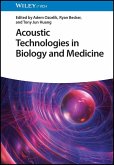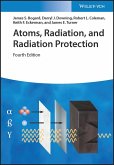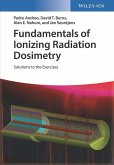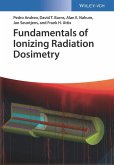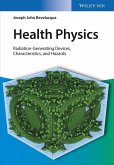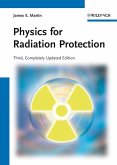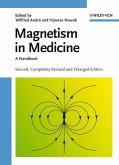Acoustic Technologies in Biology and Medicine
Complete, balanced resource encompassing all required technical, theoretical, and applied multidisciplinary knowledge related to acoustics
Taking a multidisciplinary approach involving fluid mechanics, physics, chemistry, electronics, and the life sciences to provide a unified and competent overview of the field, Acoustic Technologies in Biology and Medicine covers the fundamental principles of acoustic wave generation and propagation, different acoustic systems and technologies with the interplay of physical forces, theoretical foundations, and the state-of-the-art biomedical applications of acoustics.
State-of-the-art applications of acoustics in biology and medicine are presented, including single cell and organism manipulation, acoustic biosensing, cancer cell isolation (liquid biopsy), cell/tissue stimulation and ablation, micro-robot actuation, acoustic imaging, and drug delivery.
Contributed to and edited by highly qualified professionals with significant experience in the field, Acoustic Technologies in Biology and Medicine covers sample topics such as:
A cornerstone reference bridging the gap between rapidly advancing acoustic technologies with state-of-the-art applications in biology and medicine, Acoustic Technologies in Biology and Medicine is an essential resource on the subject for biophysicists, materials scientists, biotechnologists, bioengineers, sensor developers, electronics engineers, and all professionals in the greater biotechnological industry.
Complete, balanced resource encompassing all required technical, theoretical, and applied multidisciplinary knowledge related to acoustics
Taking a multidisciplinary approach involving fluid mechanics, physics, chemistry, electronics, and the life sciences to provide a unified and competent overview of the field, Acoustic Technologies in Biology and Medicine covers the fundamental principles of acoustic wave generation and propagation, different acoustic systems and technologies with the interplay of physical forces, theoretical foundations, and the state-of-the-art biomedical applications of acoustics.
State-of-the-art applications of acoustics in biology and medicine are presented, including single cell and organism manipulation, acoustic biosensing, cancer cell isolation (liquid biopsy), cell/tissue stimulation and ablation, micro-robot actuation, acoustic imaging, and drug delivery.
Contributed to and edited by highly qualified professionals with significant experience in the field, Acoustic Technologies in Biology and Medicine covers sample topics such as:
- Materials for acoustic wave generation and modulation, ultrasound imaging, and photoacoustic imaging and sensing for biomedical applications
- Therapeutic ultrasound, application of ultrasound responsive reagents for drug delivery systems, and acoustic levitation and acoustic holograms
- Application of ultrasonic waves in bioparticle manipulation and separation, acoustic biosensors, and acoustic micro and nanorobots in medicine
- Different technologies of acoustic systems, including bulk and surface acoustic wave-based platforms, acoustic imaging, acoustic sensors, and acoustic levitators
A cornerstone reference bridging the gap between rapidly advancing acoustic technologies with state-of-the-art applications in biology and medicine, Acoustic Technologies in Biology and Medicine is an essential resource on the subject for biophysicists, materials scientists, biotechnologists, bioengineers, sensor developers, electronics engineers, and all professionals in the greater biotechnological industry.
Dieser Download kann aus rechtlichen Gründen nur mit Rechnungsadresse in D ausgeliefert werden.



